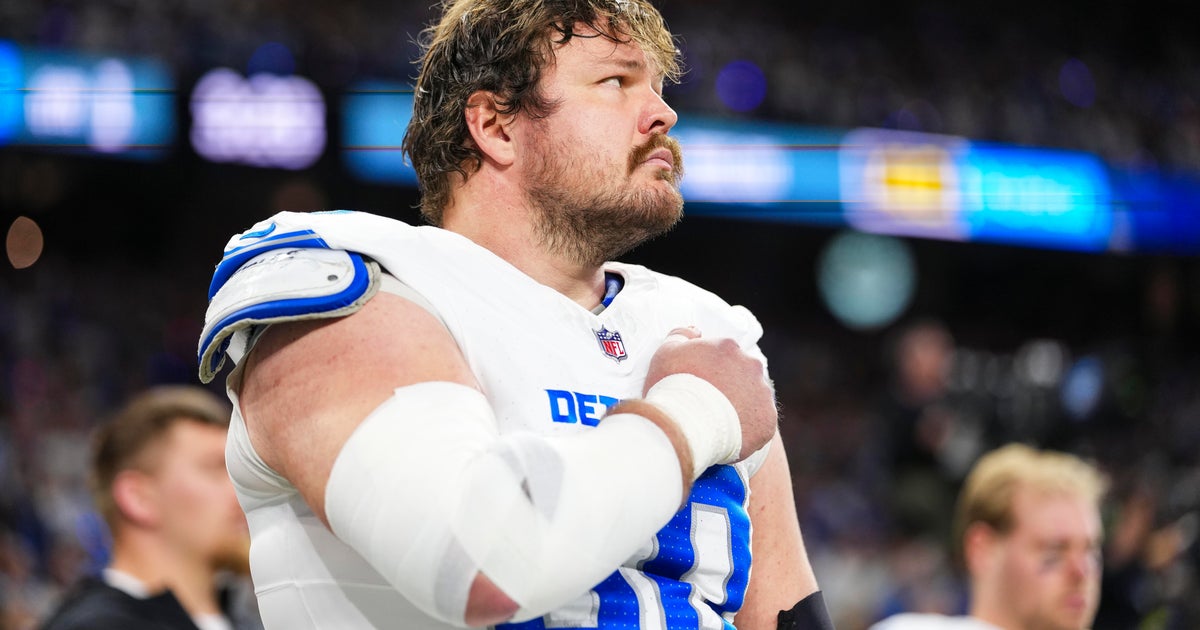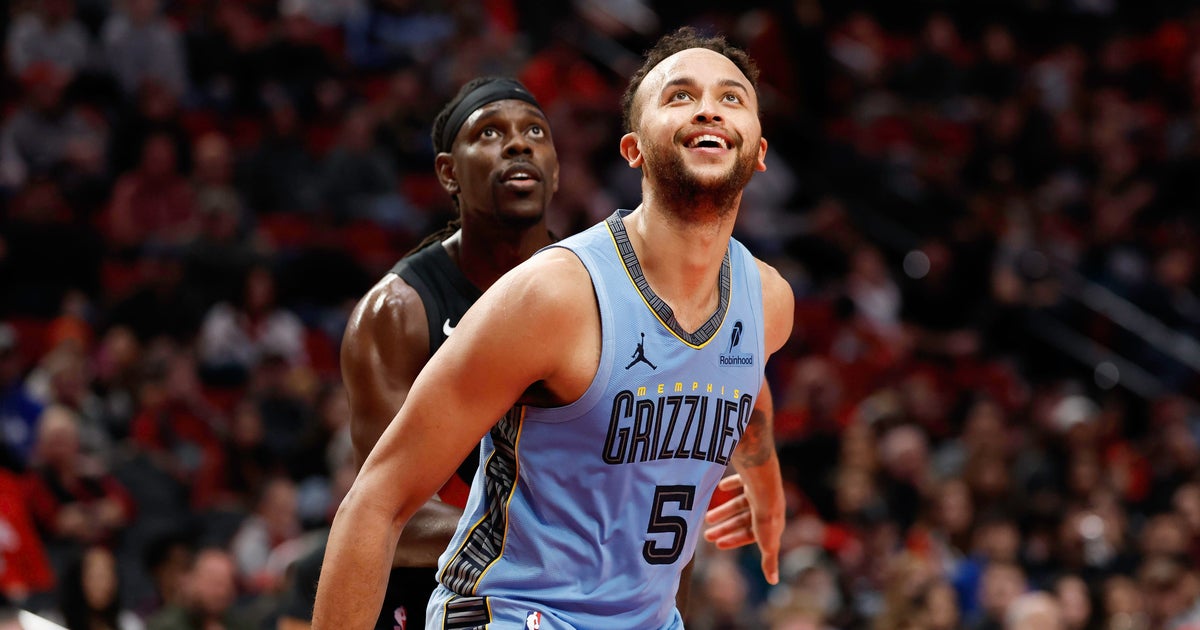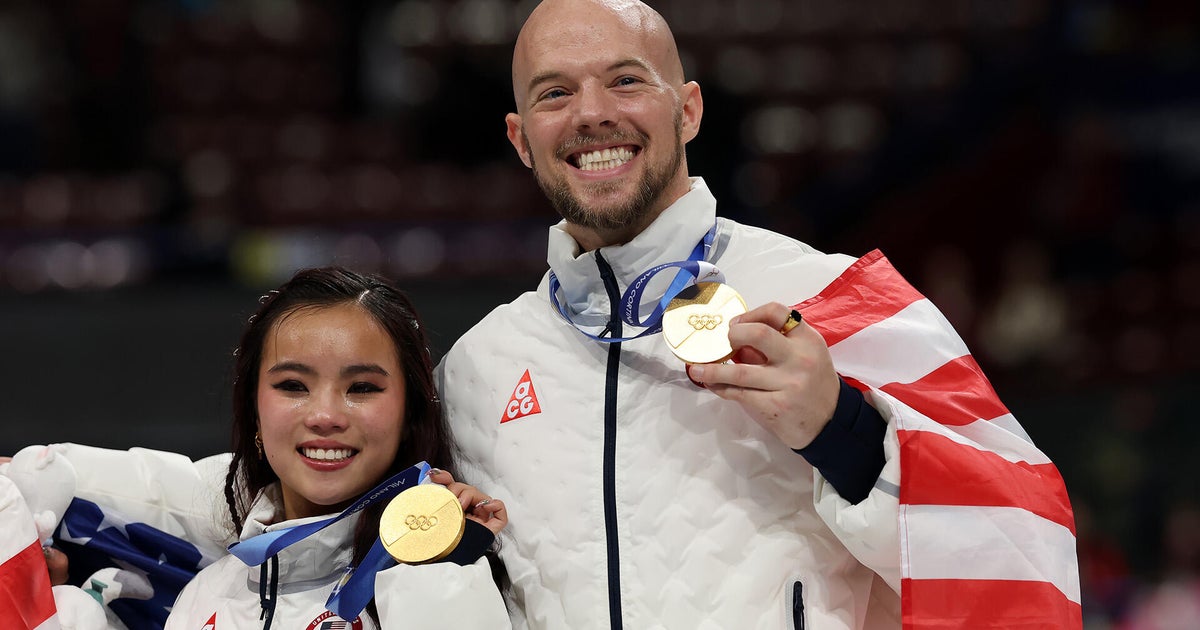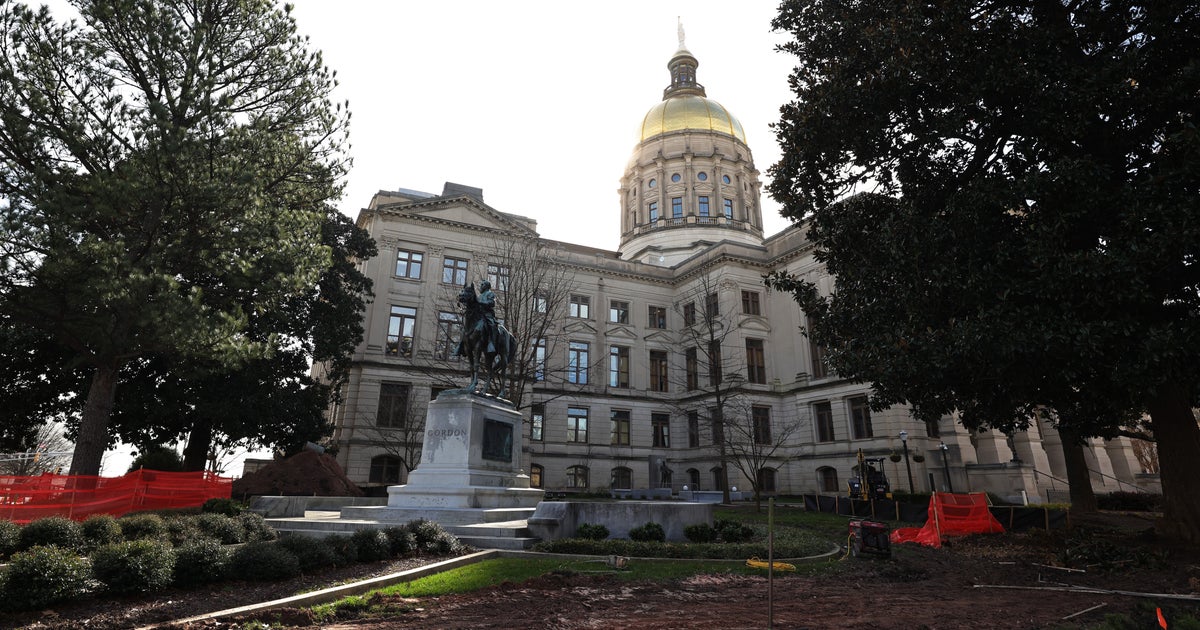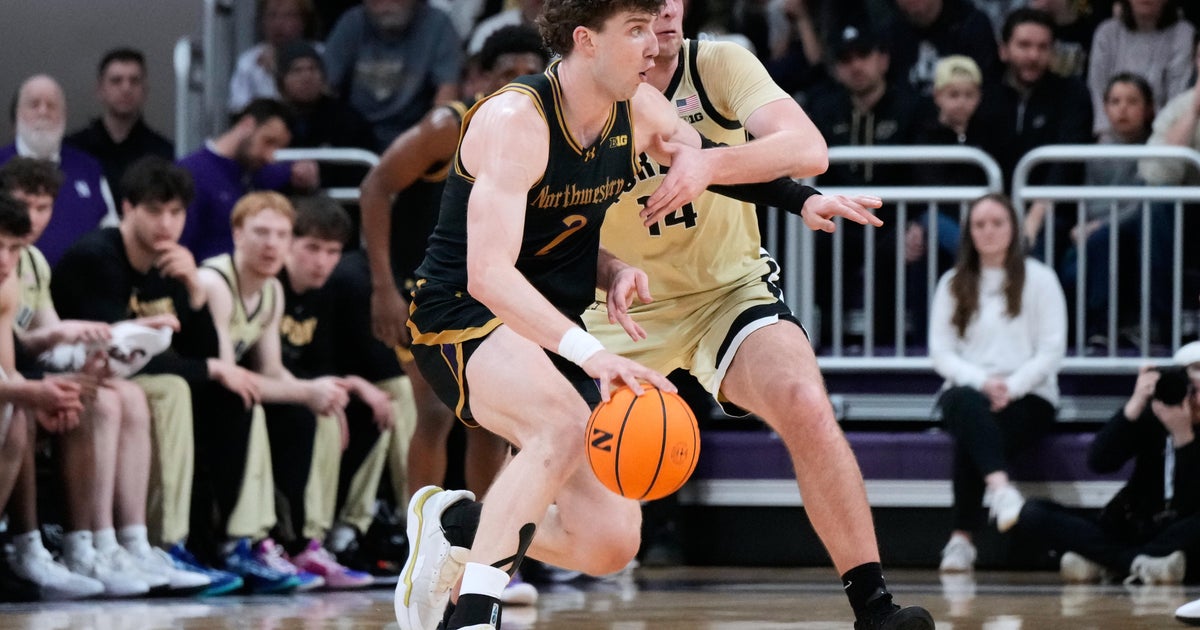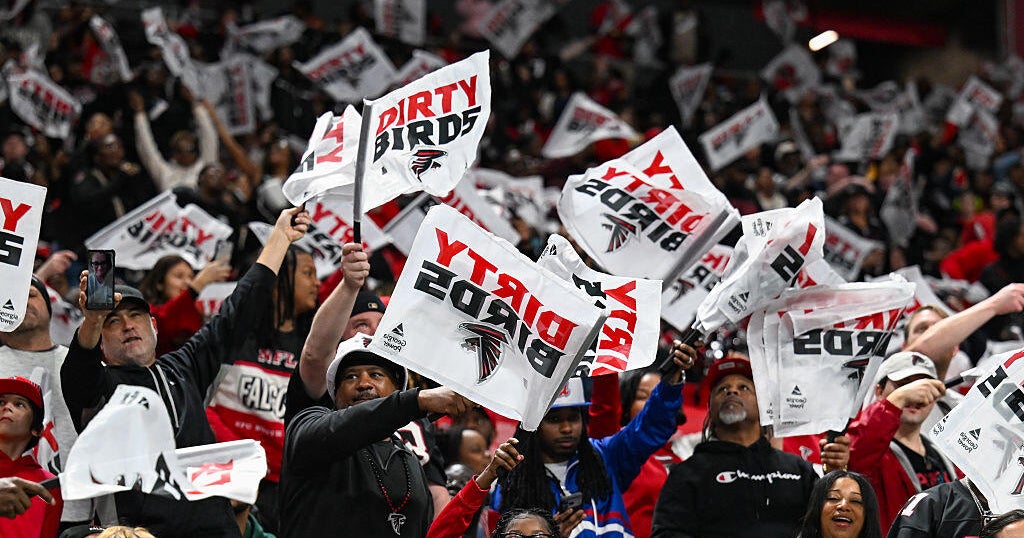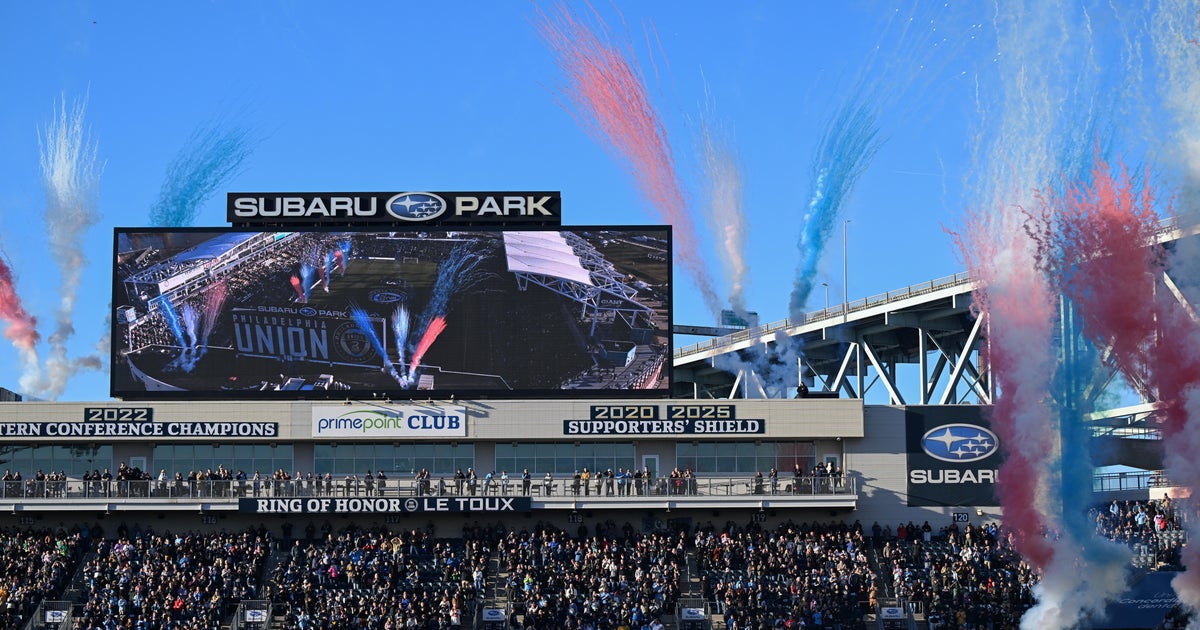Canes Lineman Ready To Move Forward After Heatstroke Ordeal
Follow CBSMIAMI.COM: Facebook | Twitter
CORAL GABLES (CBSMiami/AP) — Playing football can seem like the most important thing in the world, until it isn't.
Hunter Knighton once went a week without sleeping, afraid to close his eyes because the nightmares were inevitable. Panic attacks were common. Memories were hazy. Breathing was a struggle.
The dark, scary moments are still in the recesses of his mind.
But he's about to take another step toward escaping them for good.
A year and a half removed from nearly dying on the Miami practice field because of heatstroke, Knighton returns to that same field Thursday for the start of Hurricanes' training camp. The offensive lineman — after undergoing intense rehabilitation on both the physical and psychological fronts — has been cleared for a full-fledged return to the team, something that became official just days ago after successfully completing one last round of tests.
"It is definitely a big weight off my shoulders and I'm so thankful that God has given me a second chance to showcase what I can do.," Knighton said. "Once I take the field, I'll just have a lot of joy. But at the same time, I still have a long way to go."
But after working with both doctors and other officials at Miami, as well as being evaluated and treated at the Korey Stringer Institute in Connecticut — the facility named for the Minnesota Vikings lineman who died of exertional heatstroke in August 2001 — Knighton is back in the game.
That's victory in itself.
"I get emotional just thinking about it," Miami coach Al Golden said. "Words can't describe. ... What he went through, everything he's done to get back. He's had the best care in the world. Everything in terms of his integration has been handled from the highest levels. And it will be an incredible day to have him out there again."
Everything changed for Knighton on the morning of Feb. 24, 2014. It was around 70 degrees at 8 a.m. that morning in South Florida, with a bit of cloud cover helping make conditions seem downright comfortable by Miami standards. Put simply, for Miami, it wasn't hot. As Knighton — who unknowingly was trying to fight through the flu and dehydration during that practice — would soon learn, the temperature didn't matter.
"A lot of people think of the typical heatstroke as an older person in the house or a baby locked in a car," Knighton said. "There's a difference between that and exertional heatstroke."
He remembers completing two conditioning drills that morning. Teammates remember him getting through as many as eight. Knighton has no recollection of the others. He also has no recollection of punching teammate Shane McDermott, who was trying to help him onto a cart that would take him from the field to a waiting ambulance.
"They took me over there," Knighton said, gesturing to where some benches had been set up on the edge of the field. "I was becoming very hostile. A symptom of heatstroke is irritability. And they couldn't get my hands off the bench to get me on the cart. They said I had a death grip, fighting people and stuff."
With every second, his condition seemed to worsen. Knighton was breathing but not responding to paramedics. His temperature was soaring to 109 degrees. Golden could see in the paramedics' faces that the situation was suddenly very critical.
"The enormity of what we were getting hit with became apparent," Golden said. "What I saw, it'll never be erased."
Knighton's parents were summoned from the family's Pennsylvania home. They were first told he was having seizures. Soon they were told that the situation was turning dire. They were there when Knighton woke up. He thought 12 hours had passed. It was actually 12 days. He was in a coma, losing 55 pounds in his sleep and unsure of what happened.
"The worst memory of the hospital was when I first woke up I couldn't breathe," Knighton said. "I had the tube in there; it was like I was suffocating. Every breath I thought was going to be my last. I was trapped in my body. Couldn't talk. Couldn't breathe. Everything was fuzzy. It felt like I was dying."
These were dark days for Miami. A day after Knighton collapsed former Hurricanes standout JoJo Nicholas was involved in a horrible car crash in Miami Beach and eventually died from his injuries. Golden was going from one hospital room to the other for those days, trying to console two grieving families while trying to hold his emotions together.
Months later, Golden's wife would have a serious health scare and needed hospitalization. By coincidence, she was placed in the same room that Knighton had months earlier.
"The irony," Golden said. "Strange. It's very strange."
Kelly Golden survived. So has Knighton. Some would say he's thrived. He's bigger and stronger than ever.
"I'm expecting big things from him," Miami quarterback Brad Kaaya said.
Knighton sat out 2013 because of shoulder surgery. He missed last season because of the heatstroke, and said it was often unbearable to not be able to help his team — especially when the offensive line was decimated by injuries.
These days, he chooses to think about what he gained and not how his life was nearly lost. His faith grew deeper in the last 18 months. He values family and friends more. He became a better student, no small feat since when he first returned to school his brain was still so fogged that he likened a simple business class to rocket science.
"I definitely take things less for granted," Knighton said. "I appreciate being able to play this game again. There's no way I'm not playing. I'm a Miami Hurricane and I'm going to play."
(TM and © Copyright 2015 CBS Radio Inc. and its relevant subsidiaries. CBS RADIO and EYE Logo TM and Copyright 2015 CBS Broadcasting Inc. Used under license. All Rights Reserved. This material may not be published, broadcast, rewritten, or redistributed. The Associated Press contributed to this report.)
